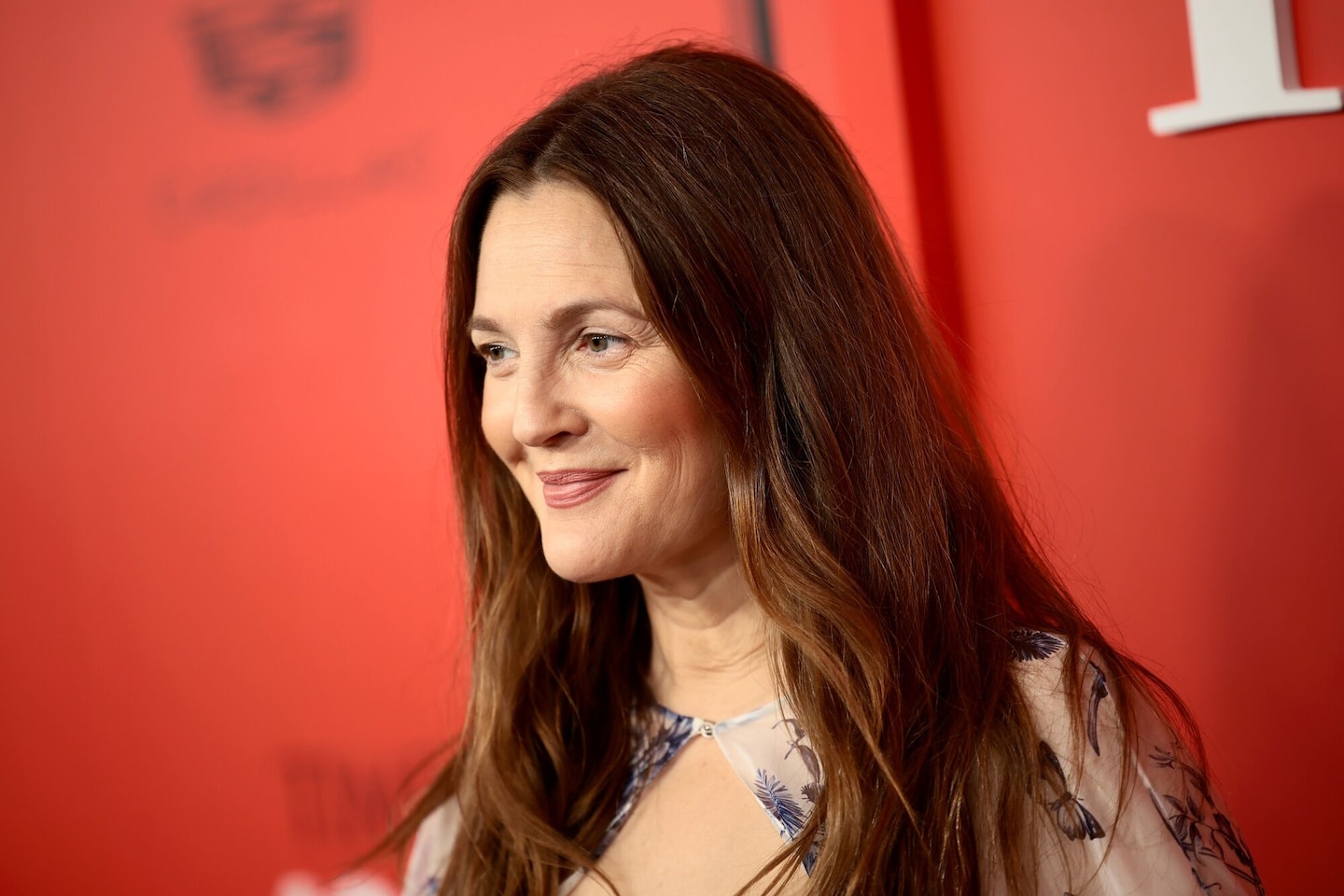Five months into the strikes, that has become abundantly clear. For example, studios have been scrambling to figure out a marketing strategy — sans star power — to ensure movies do well when they hit theaters since the Screen Actors Guild – American Federation of Television & Radio Artists’ striking rules prohibit actors from promoting movies that have been filmed. They’ve also begun suspending deals with A-lister producers and writers, putting a lingering question mark over plans that would have been lucrative for studios.
Still, just as Netflix Inc., Walt Disney Co., Amazon.com Inc. and Warner Bros Discovery Inc. have fundamentally different business models and goals but are negotiating under the banner of the AMPTP, daytime talk show writers, screenwriters and TV series writers have different objectives but are operating as one. Any chink in either side’s proverbial armor undermines the efforts of the whole. Much of the backlash to the show’s return likely has more to do with who the host is than what is happening. The syndicated The Jennifer Hudson Show and CBS’ The Talk are expected to resume production in the coming weeks as well, but it’s Barrymore who is facing the fiercest criticism.
The actress comes from one of the most storied and revered families in Hollywood. Steven Spielberg is her godfather, and all of her paternal great-grandparents and grandparents were actors. She endeared herself to us from the start with her adorable lisp and charm as a 7-year-old break-out star in Spielberg’s iconic ET. Over a long career, she has benefited greatly from the creative output of remarkable writers and actors. The decision to return to producing her show without her head writers, who are picketing outside of CBS, seems like an odd and off-brand decision. Not to mention, she has been very vocal about her support of the movement. And it wasn’t just talk. In May, she stepped down as host of the MTV Movie and TV Awards just days before the ceremony.
However, interpreting the return of The Drew Barrymore Show as a lapse in judgment would only be half the story. Since the strikes started, many workers have been collateral damage. Makeup artists, stylists, grips, gaffers and administrative staff suddenly found themselves without employment as the industry went dark. Barrymore’s return could also be seen then as the host seeking to fulfill a moral obligation.
She appears to be weighing the short-term struggles of some employees against the longer-term demands of the unions. Following the backlash, Barrymore posted an emotional video to Instagram apologizing but sticking to her original decision. It did very little to smooth things over with WGA writers. With no end in sight for the strikes, reactions to Barrymore highlight how things are slowly becoming a zero-sum game.To her credit, she has taken full responsibility for the decision. When the show’s return was announced, she said on Instagram that she “owns this choice.” But her claim that the return is a way to “bring us together” seems counterintuitive when the WGA and SAG-AFTRA are amidst a generational battle for the future of the Hollywood creative ecosystem.Another part of her statement underscores the moment we’re witnessing in the TV and movie business: “We launched live in a global pandemic. Our show was built for sensitive times …” Well, if the pandemic taught us anything, it is that people’s entertainment habits can quickly adapt and migrate to new formats.
It’s in the best interest of everyone’s bottom lines to reach a fair agreement fast. The more time consumers go without fresh movies or series episodes, the more likely their viewing habits will adapt to other forms of content — whether that be TikTok videos, sports, documentaries, gaming platforms or something else.
More From Bloomberg Opinion:
Does Hollywood Know That Writers Can’t Pay Bills With ‘Love’?: Kim Kelly
CNN Max Avoids the Mistakes of CNN+: Paul Hardart
The Managing Class Has Failed Frontline Workers: Adrian Wooldridge
This column does not necessarily reflect the opinion of the editorial board or Bloomberg LP and its owners.
Paul Hardart is director of the entertainment, media & technology program at NYU’s Stern School of Business and founding director of the Graduate Program in Media Management at The New School. He was previously an executive at Universal and Warner Brothers.
More stories like this are available on bloomberg.com/opinion





